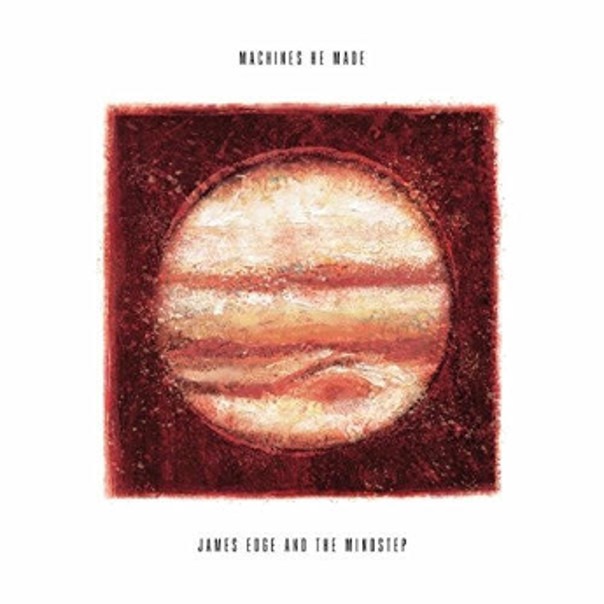Album Review: James Edge and the Mindstep falls into patterns with Machines He Made
After two years in the studio, James Edge and the Mindstep have finally released their sophomore album, Machines He Made. This album, which is controlled by a smooth Latin American guitar, and Edge’s soft singing, is a beautiful composition but is hindered by its lack of variety.
Between Edge’s flowing vocals and the upbeat, casual guitar rhythms, the majority of the songs offer a sense of wonder that takes the listener on a journey. This mysterious sound is only interrupted with the runaway riffs from the violins. Like many folk songs, this album has a contemplative feel to it.
“On a Red Horse” is the only song that deviates from the format, and it may be the album’s most interesting track. The immediate dissonance from the strings creates an eerie sense of conflict, not seen in elsewhere on the album. If you want to be intrigued, listen to how the drums play an underlying role. While the tempo is pushed, there’s an increased sense of chaos.
Edge’s falsetto is the highlight, tugging at the heartstrings of the listener. On the other hand, the lyrics are on a continuum. They remain very consistent, often dealing with emotions that can be easily interpreted. Due to the simplicity, a listener can effortlessly connect to the lyrics, which makes the album that much more engaging.
Unfortunately, this structure is uniform throughout the album. Despite the lack of variety, the musicality is extremely meticulous and well thought-out. It’s no wonder it took the jazz-folk trio two years to complete. When listening closely, it’s incredible to comprehend how a vast array of sounds can build up, one by one, to create each arrangement.
James Edge and the Mindstep’s first album in six years was beautifully constructed, but monotonous. Edge’s vocals and the interruption of violins saves the day, however. Hopefully, their Work EP, expected in the first half of 2017, will challenge the listener more.
— Joey Reams

